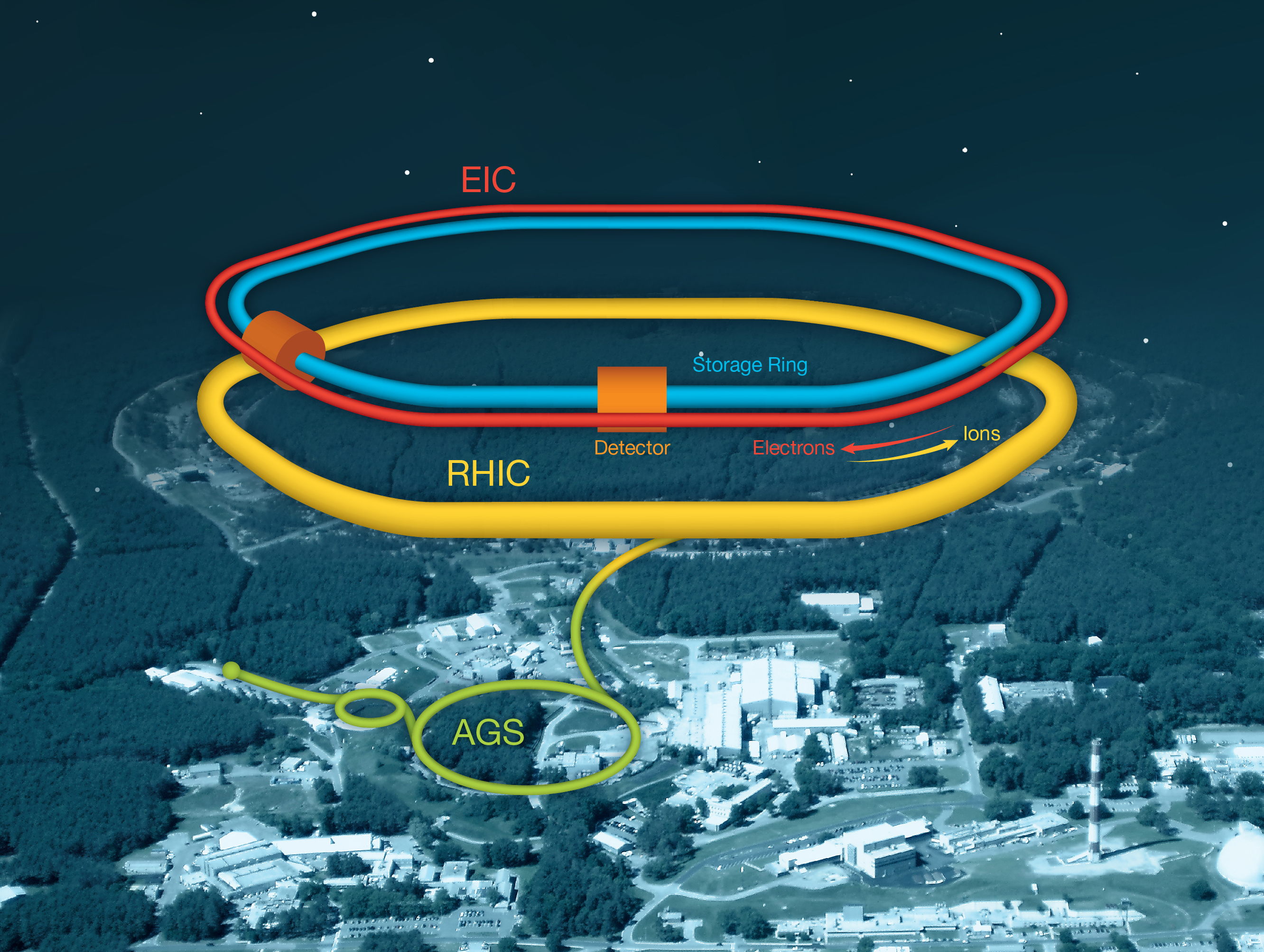Researchers enable detection of remarkable gravitational-wave signal
University of PortsmouthResearchers from the University of Portsmouth’s Institute of Cosmology and Gravitation (ICG) have helped to detect a remarkable gravitational-wave signal, which could hold the key to solving a cosmic mystery. The discovery is from the latest set of results announced today (5 April) by the LIGO-Virgo-KAGRA collaboration, which comprises more than 1,600 scientists from around the world, including members of the ICG, that seeks to detect gravitational waves and use them for exploration of fundamentals of science.










































